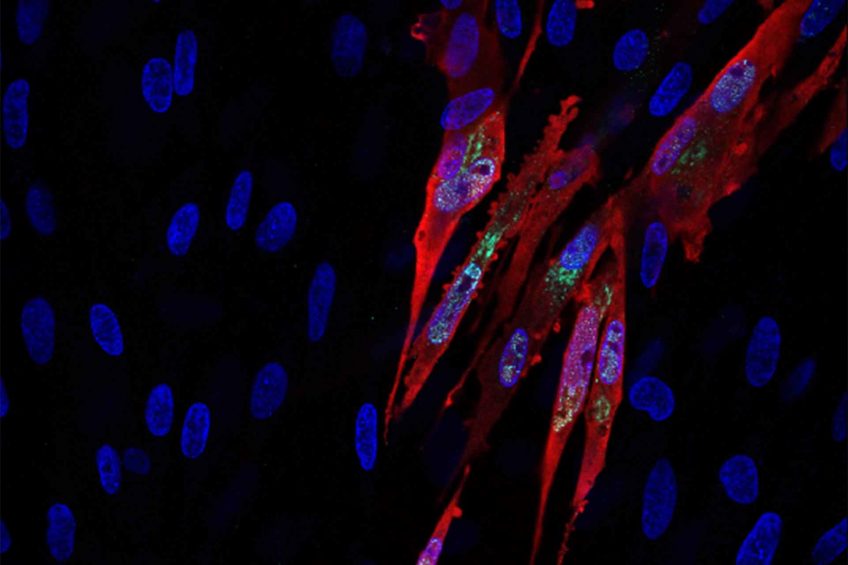Modified Marek’s vaccine could protect against multiple diseases

A breakthrough by scientists at the Pirbright Institute in Surrey, England may reduce the number of vaccines that need to be administered to birds, potentially reducing costs and improving animal welfare.
The new method involves genetically modifying Marek’s disease vaccine making it able to protect against Infectious Bursal Disease (IBD), avian influenza or Newcastle disease.
It utilises CRISPR/cas9 gene editing technology – a new and relatively inexpensive technique – to insert the IBD virus into Marek’s disease vaccination, which in turn affords protection against both viruses.
Gene-edited vaccine
Professor Venugopal Nair, joint leader of the research at Pirbright said: “The method we have created with CRISPR/cas9 really increases the scope of how we edit the Marek’s disease vaccine to include other virus components.
“Now we have shown that the gene-edited vaccine protects against both Marek’s disease and IBD, we are looking at inserting more genes from other viruses.”
The next diseases the team hope to incorporate include Newcastle disease and avian influenza. Quickly modifying the vaccinations based on emerging new strains of disease is also being explored.
Check out the interactive Poultry Health Tool – with the latest insights on the 40+ most common poultry diseases.
There has been “huge” interest in the technology, according to the team, which hopes to partner with vaccine companies to commercialise the technology.
The full paper, entitled: A simple and rapid approach to develop recombinant avian herpesvirus vectored vaccines using CRISPR/Cas9 system can be found in Vaccine journal and was funded by the Biotechnology and Biological Sciences Research Council (BBSRC).












